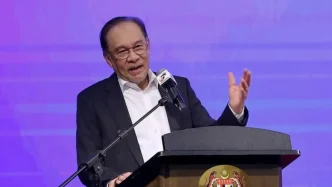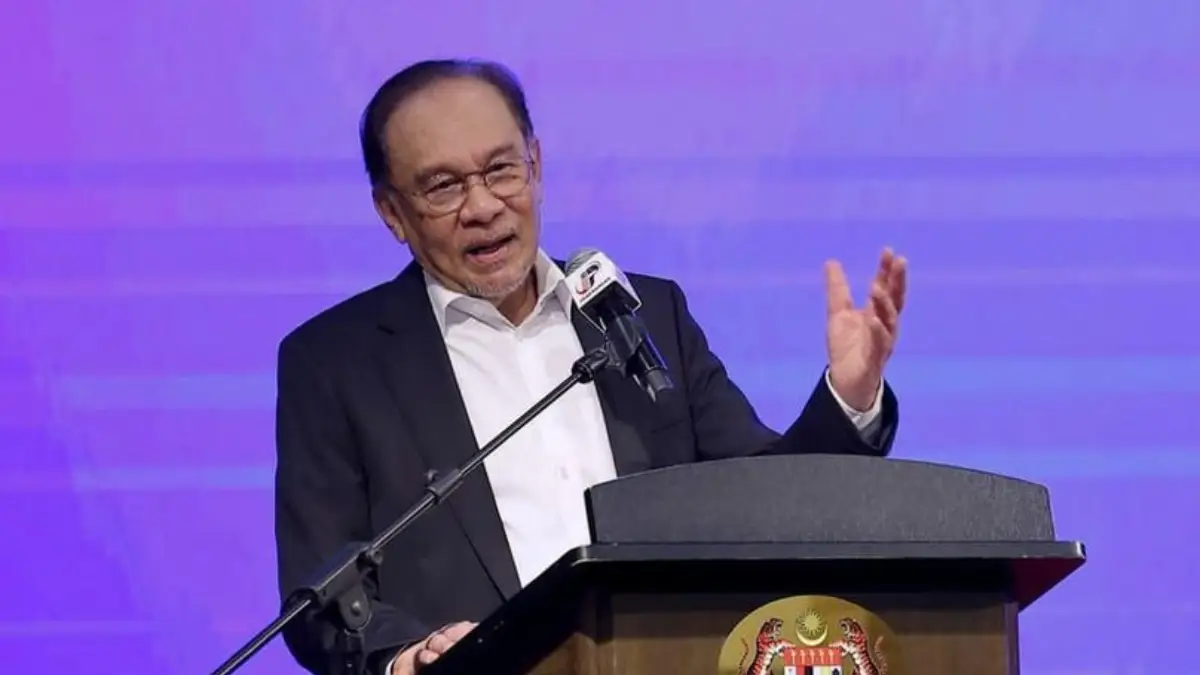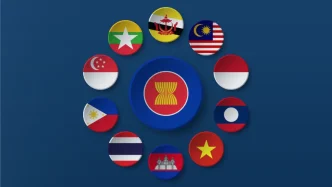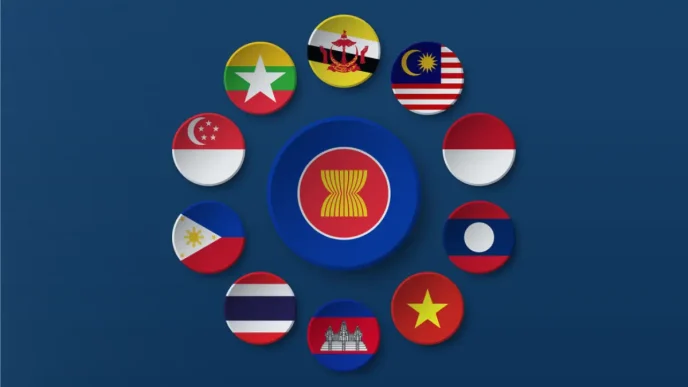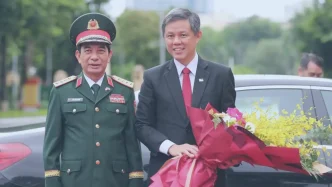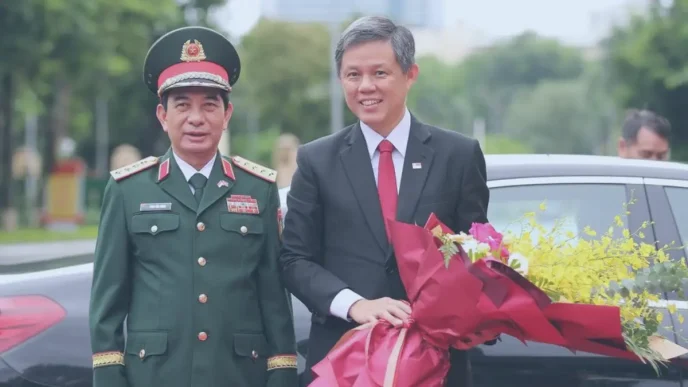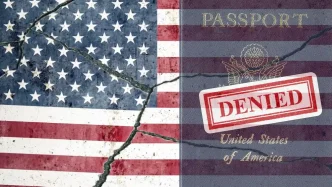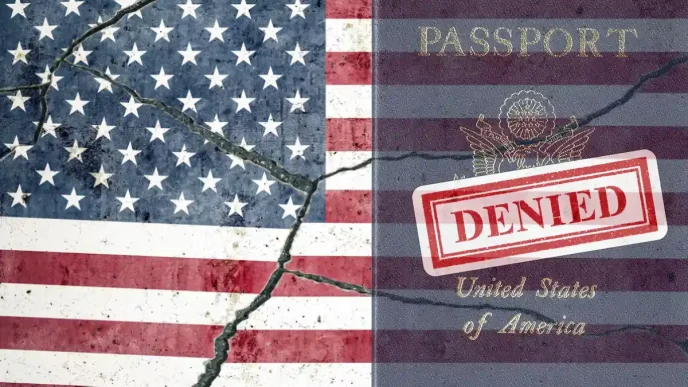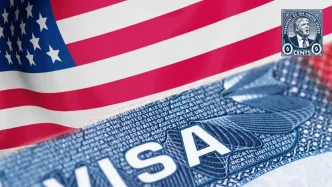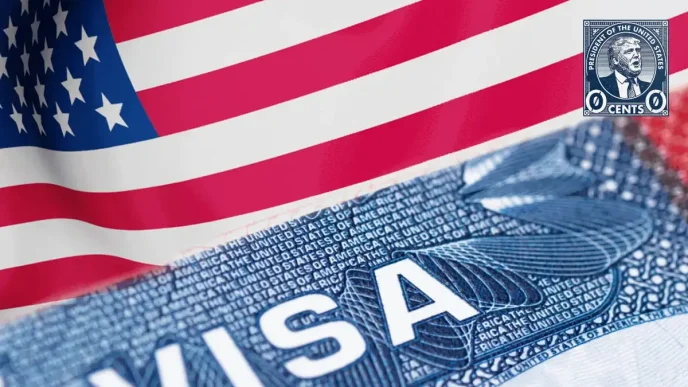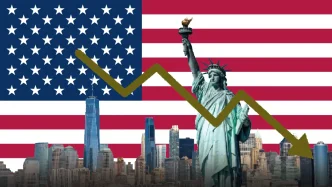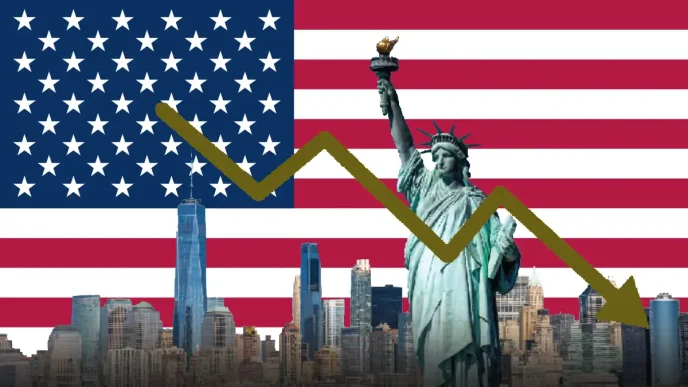In a landmark initiative to mark Merdeka Day on August 31, Malaysian Prime Minister Datuk Seri Anwar Ibrahim has unveiled a one-off payment of RM100 (~US$22) for every adult citizen aged 18 and above. Announced on July 23, 2025, this financial assistance under the Sumbangan Asas Rahmah (Sara) programme is set to benefit around 22 million Malaysians, representing a significant expansion of the country’s social welfare efforts.
The payment, accessible through the MyKad system from August 31 to December 31, 2025, can be used for essential goods at over 4,100 participating stores nationwide, including major retailers like Mydin, Lotus’s, Econsave, and 99Speedmart. Additionally, the Prime Minister declared September 15 a nationwide public holiday in observance of Malaysia Day, further emphasizing the government’s focus on national unity and celebration.
A First in Malaysian History
The RM100 payment marks a historic shift in Malaysia’s cash assistance policy, as it is the first time such aid has been distributed on an individual basis rather than by household. As Anwar explained during his announcement on July 23, 2025, this approach ensures broader coverage. “The assistance is provided on an individual basis, not by the household. It means, for example, a household consisting of a husband, wife, and two adult children will receive a total of RM400” he said.
With an allocation of RM2 billion (approximately US$440 million) for the Sara programme, this initiative pushes the combined budget for cash assistance—including the existing Sumbangan Tunai Rahmah (STR) programme—from RM13 billion to RM15 billion (approximately US$2.86 billion to US$3.3 billion) for 2025. Anwar highlighted this as a milestone, noting it as the largest allocation for direct financial aid in the nation’s history.
Targeting Essential Needs and Redistribution
The design of the Sara programme reflects a targeted approach to support essential spending. By restricting the use of the funds to participating retailers, the government aims to ensure that the assistance directly addresses basic needs such as food and household items. Retail outlets span every district in Malaysia, making the programme accessible even in rural and less-developed areas.
Recognizing that not all recipients may require the aid, Anwar also outlined a plan for redistribution. “Some among us may have the means and do not need this assistance, and the government intends for any unused funds by year-end to be redistributed to vulnerable groups next year” he stated on July 23, 2025. This mechanism aims to channel resources to those in greater need, potentially benefiting lower-income families, the elderly, or other marginalized communities in 2026.
Economic Context and Policy Implications
Malaysia’s decision to roll out this universal cash assistance comes amid a complex economic landscape. The country has faced challenges in recent years, including inflationary pressures and the lingering effects of global economic disruptions. According to data from the Department of Statistics Malaysia, the consumer price index rose by 2.5% year-on-year in mid-2025, with food and transport costs remaining key drivers of household expenditure. While the RM100 payment may seem modest, it represents a direct intervention to ease these burdens for millions of citizens.
Economists view the Sara programme as part of a broader trend of populist fiscal measures in Southeast Asia, where governments are increasingly turning to cash transfers to bolster public support and stimulate local economies. In Malaysia, this initiative aligns with Anwar Ibrahim’s administration’s emphasis on inclusive growth since taking office. The government has previously expanded subsidies and targeted aid under the STR programme, which primarily benefits lower-income households. The shift to universal adult payments under Sara, however, signals a more expansive approach to social welfare.
Yet, questions remain about the sustainability of such measures. The RM2 billion allocation, while significant, adds to Malaysia’s fiscal deficit, which stood at 4.3% of GDP in 2024 according to figures from the Ministry of Finance. Critics within economic circles have cautioned that while short-term relief is valuable, long-term structural reforms—such as enhancing productivity and addressing income inequality—are essential to ensure Malaysia’s economic resilience. The redistribution of unused funds, as proposed by Anwar, could help mitigate some of these concerns by focusing future aid on the most vulnerable, though details of this process remain unclear.
Political Significance in a Diverse Nation
Beyond its economic impact, the announcement carries substantial political weight. Merdeka Day, commemorating Malaysia’s independence from British colonial rule in 1957, is a deeply symbolic occasion that unites the nation’s diverse ethnic and cultural groups. By tying the cash assistance to this celebration, Anwar’s administration reinforces a narrative of national solidarity and shared prosperity—an important message in a country where ethnic and economic divides often shape political discourse.
The timing of the announcement, just over a month before Merdeka Day, also suggests a strategic effort to bolster public goodwill ahead of potential political challenges. Anwar, who leads a coalition government following a period of political instability, has faced scrutiny over economic management and governance reforms. The Sara programme, coupled with the Malaysia Day public holiday on September 15, could serve as a gesture of goodwill, strengthening his administration’s image as one focused on the welfare of ordinary citizens.
Public response to the initiative has been largely positive, based on early reactions reported by local outlets. Many Malaysians, particularly those in urban centers like Kuala Lumpur and Petaling Jaya, see the payment as a welcome relief amid rising living costs. For a family of four adults, the combined RM400 (approximately US$88) could cover a significant portion of monthly grocery expenses, especially when used at budget-friendly retailers like 99Speedmart.
Implementation and Accessibility Challenges
While the programme’s intent is clear, its implementation raises logistical questions. The use of MyKad as the delivery mechanism for the RM100 payment requires citizens to have updated identification cards and access to participating stores. In rural areas of East Malaysia, such as Sabah and Sarawak, where infrastructure and retail networks are less developed, accessibility could pose a challenge. The government has yet to clarify how it will support citizens in remote regions or those without easy access to the listed retailers.
Additionally, the timeframe for using the funds—between August 31 and December 31, 2025—places a deadline on recipients. While this may encourage prompt spending to stimulate local economies, it could disadvantage those unable to redeem the assistance within the four-month window due to personal or logistical constraints. The government’s plan to redistribute unused funds addresses this to some extent, but ensuring equitable access remains a critical concern.
Regional Comparisons and Broader Implications
Malaysia’s cash assistance initiative is not unique in the Southeast Asian context. Neighboring countries like Thailand and Indonesia have also implemented direct financial aid programmes in recent years to address economic disparities and post-pandemic recovery. Thailand, for instance, rolled out a digital wallet scheme in 2024, providing 10,000 Thai Baht (approximately US$280) to eligible citizens for local spending. Similarly, Indonesia has expanded its social assistance under the Kartu Prakerja programme, offering cash and training incentives to unemployed and underemployed individuals.
What sets Malaysia’s Sara programme apart is its universal scope, targeting all adults regardless of income level. This approach contrasts with more targeted schemes in other nations, raising questions about efficiency versus inclusivity. While universal payments ensure no one is left out, they also risk diluting the impact for those in genuine need—a tension that Anwar’s administration will need to navigate in the coming months.
Regionally, Malaysia’s move could inspire similar policies elsewhere, particularly as governments grapple with voter expectations and economic recovery. However, fiscal constraints and differing political priorities mean that not all countries can replicate such a model. For Malaysia, the success of the Sara programme will likely hinge on its execution, public reception, and the government’s ability to balance short-term relief with long-term economic planning.
Looking Ahead: A Test of Governance
As Malaysia prepares to celebrate Merdeka Day with this unprecedented financial assistance, the initiative stands as both a celebration of national unity and a test of the government’s administrative capacity. The RM100 payment, while a small sum for some, symbolizes a broader commitment to supporting citizens during challenging times. Coupled with the Malaysia Day holiday on September 15, it reflects an effort to blend cultural pride with tangible economic relief.
Yet, the road ahead is not without hurdles. Ensuring equitable access, managing fiscal implications, and addressing structural economic challenges will determine whether this programme is remembered as a transformative step or a temporary gesture. As the nation moves toward the end of 2025, the impact of this historic cash assistance will be closely watched—not just by Malaysians, but by policymakers across Southeast Asia seeking lessons in balancing welfare and governance.

